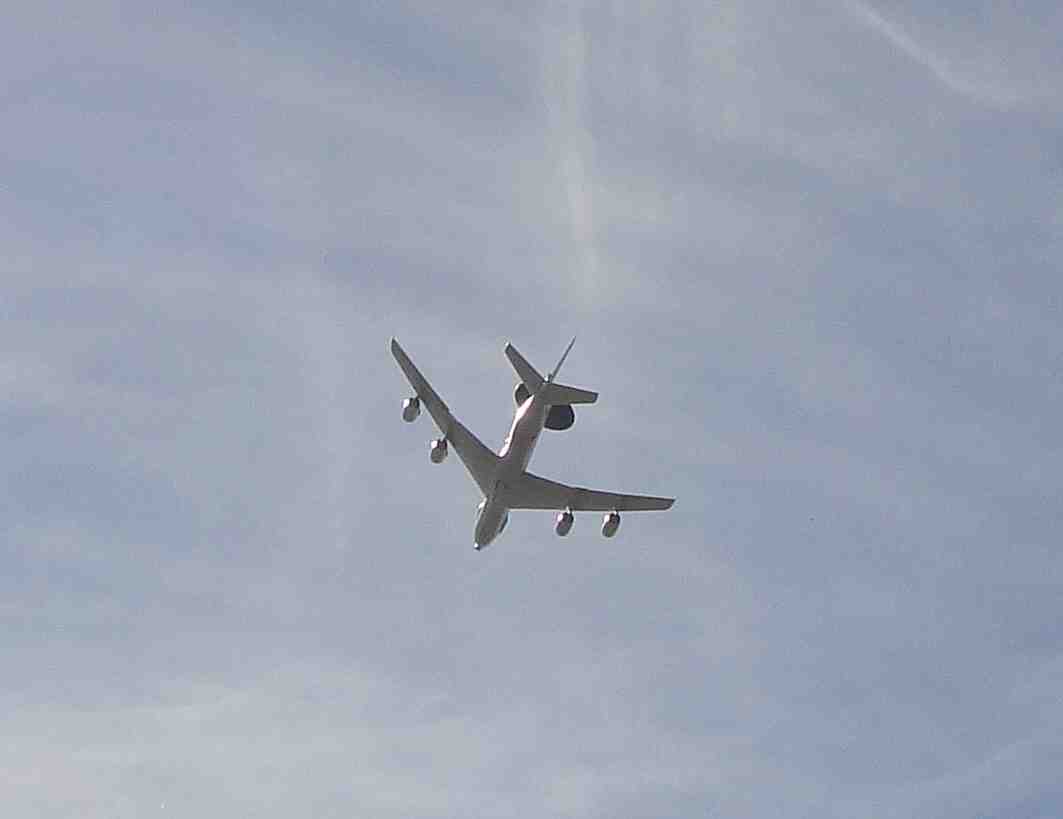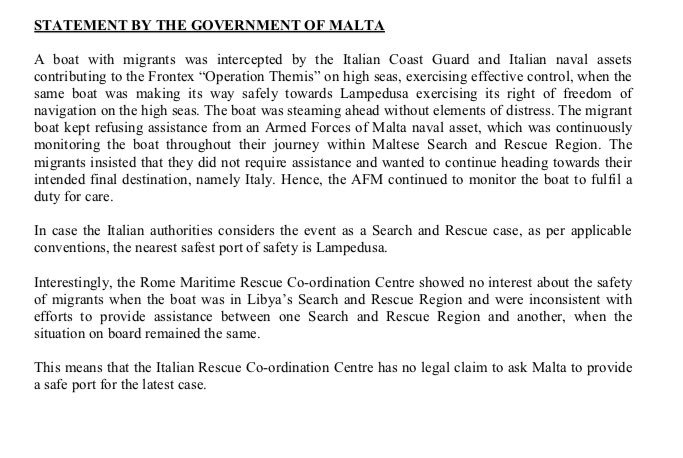Switzerland in the ESDP? the “pavement” of the former head of the Swiss army

(B2) The former Chief of Staff of the Swiss army, Christophe Keckeis, who left his post at the end of 2007, has just thrown a stone into the pond of Swiss security policy. A former pilot (on Mirage III at the start), he swooped down on the Swiss defence, which was too sure and too inward-looking. It's in theWeekly this Thursday, an excellent article by Pierre-André Stauffer, in which he specifies that the Swiss defense must evolve, stop "wanting to do everything by itself" and come much closer to European defense.
For a bilateral EU-Swiss defense agreement
"While Switzerland concludes or seeks to conclude bilateral agreements with the European Union on just about everything, it does not have the nerve to negotiate any for its security." “What interests me in the EU is that it has a concept of defence,” Keckeis explains. The simplest solution for Switzerland - he continues - would be to find "an intelligent bridge to enter slowly" into this European Security and Defense Policy. Which is not easy to do, the political parties (UDC and socialist) being in bickering, notes the journalist. As a result, Christophe Keckeis indicates, as a second choice, “bilateral negotiations with a small group of countries, our direct neighbors for example like France or Germany, and other trusted partners…”. France has a soft spot at home. “Because it has something resembling Switzerland.” She does not want to be "swallowed up by a big American or British thing". She has a "very critical attitude towards NATO, but a healthy one."
Investing in defense and peace missions...
Second observation. To remain neutral, strong and exclusive, it would take 4,8 billion francs a year, but we are at 3,6. We are the weakest in Europe in terms of the percentages of GDP invested in the security of the country, it's a shame", "neutrality is not an excuse not to give a fuck". On the contrary, neutrality is "a exclusive advantage", a typically Swiss product, "which allows us to go everywhere" asserts Keckeis, who certainly does not have his tongue in his pocket. However, Switzerland does not invest enough in UN missions. The numbers sent are 2%, below the NATO countries (2,7% when they had promised 4%) and far from Ireland, whose percentage reached 8,1%!
What suppose to review the conditions of commitment abroad
The former chief of staff thus criticizes the limits placed on international engagement by the national parliament: no more than 220 men per year (250 in exceptional cases), “whereas at least 500 are needed” . And above all, no mission where a soldier would risk losing his skin. Which is a mistake: “Engaging soldiers without considering that they could be killed is a mistake in principle”. He distinguishes well between the quagmire in Iraq and the missions of peace. The soldier who “tries to produce peace and who falls while doing his job is a bit like the ICRC delegate who risks his life to save that of others”. !
The six strengths of the Swiss army in international cooperation
Between army chiefs, "we know what our strengths and weaknesses are, recalls Christophe Keckeis, who regularly received phone calls from his European counterparts: "My government wants to go there or there... You can give me a shot tomorrow?". "I always knew what I could offer", he comments, detailing the six strengths of the Swiss army:
1. The management of airspace, because Switzerland “had the intelligence to manage civil and military spaces together”, whereas elsewhere there is often a squabble between the two.
2. Helicopter transport.
3. Medicine.
4. The fight against bacteriological and chemical weapons, “because the terrorists have understood that the process is cheaper than an atomic bomb”.
5. Know-how in driving, programming and management.
6. An “extraordinary” intellectual capacity due to the militia character of the army (the famous militia army: conscription + regular recall to the flags that Keckeis wants to keep). "We are one of the few countries that can find someone to work in any job."



A wet firecracker
Hello,
there's nothing really new about the former chef's interview
of the Swiss army, Christophe Keckeis. The Hebdo has inflated the balloon. It is not a "bomb" but more of a wet firecracker.
The position of the Federal Council has been known for a long time and that Mr. Keckeis only repeats it: see below, the website
http://www.europa.admin.ch/themen/00499/index.html?lang=fr
“Cooperation with the EU in its security and
Defense (ESDP) is of growing importance.
Switzerland is currently taking part, within the framework of the ESDP, in three operations to promote peace in Bosnia and Herzegovina and in the DRC (Democratic Republic of the Congo). To this must be added the participation, shortly, of Swiss police and judicial experts in a civilian ESDP mission in Kosovo.
The conditions for Swiss participation in ESDP missions are always the subject of an ad hoc agreement.
With a view to future operations, the general modalities (…) could be laid down in an ESDP framework agreement.
However, such a framework agreement would in no way prevent Switzerland from continuing to decide independently whether it wishes to take part in an ESDP mission, when, where and to what extent it wishes to do so.
Rene Schwok
Jean Monnet Chair, European Institute and Department of Political Science of the University of Geneva